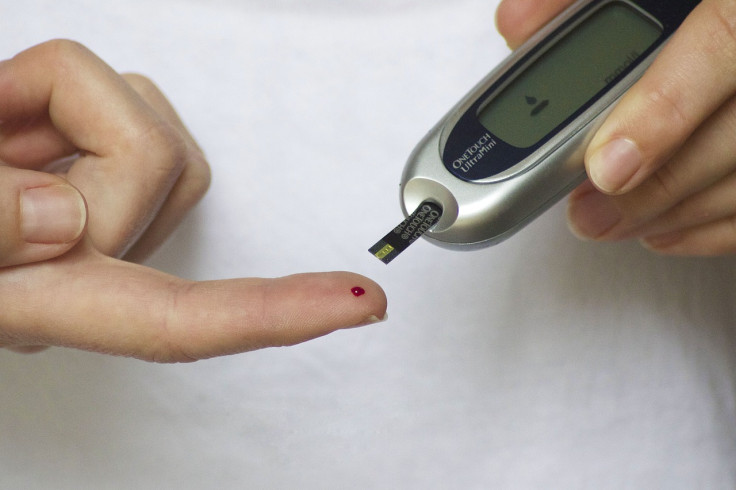Diabetes And Longevity: Study Explains How Age Of Diagnosis Affects Life Expectancy

Getting diagnosed with type 2 diabetes before the age of 30 could potentially reduce your life expectancy by around 14 years, a new study says.
Previous studies have shown that diabetes can reduce life expectancy by an average of six years. The team behind the latest study aimed to provide accurate estimates of how the age of diabetes diagnosis affects life expectancy and various aspects of mortality.
According to the findings, published in The Lancet Diabetes and Endocrinology, every decade of earlier diagnosis was associated with about three to four years of lower life expectancy. Even when a person gets diabetes later in life, by around 50, it can still reduce life expectancy by up to six years.
Data from two large-scale data sources – the Emerging Risk Factors Collaboration and the UK Biobank, which have information about participants from 19 high-income countries – was used for the study.
"Using death rates from the U.S., a 50-year-old individual with diabetes died on average 14 years earlier when diagnosed aged 30 years, 10 years earlier when diagnosed aged 40 years, or 6 years earlier when diagnosed aged 50 years than an individual without diabetes," the researchers wrote.
"Type 2 diabetes used to be seen as a disease that affected older adults, but we're increasingly seeing people diagnosed earlier in life. As we've shown, this means they are at risk of a much shorter life expectancy than they would otherwise have," said Professor Emanuele Di Angelantonio, a study author from the Victor Phillip Dahdaleh Heart and Lung Research Institute (VPD-HLRI) at the University of Cambridge.
Deaths due to heart attack, stroke, aneurysms and cancer are the most common causes that reduce longevity in diabetes patients.
"Given the impact type 2 diabetes will have on people's lives, preventing – or at least delaying the onset – of the condition should be an urgent priority. Type 2 diabetes can be prevented if those at greatest risk can be identified and offered support – whether that's to make changes to their behavior or to provide medication to lower their risk. But there are also structural changes that we as a society should be pursuing, including relating to food manufacturing, changes to the built environment to encourage more physical activity, and so on," Angelantonio said.
"Our findings support the idea that the younger an individual is when they develop type 2 diabetes, the more damage their body accumulates from its impaired metabolism. But the findings also suggest that early detection of diabetes by screening followed by intensive glucose management could help prevent long-term complications from the condition," noted study co-author Professor Naveed Sattar, from the Institute of Cardiovascular and Medical Sciences, University of Glasgow.



























